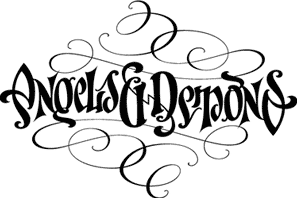This movement was founded on May 1, 1776, in Ingolstadt (Upper Bavaria), by Jesuit-taught Adam Weishaupt (d. 1830),[1] who was the first lay professor of canon law at the University of Ingolstadt.[2] The movement was made up of freethinkers, as an offshoot of the Enlightenment,[3] which some contemporary writers like Seth Payson believed was a conspiracy to infiltrate and overthrow the governments of many European states.[4] Some writers, like Augustin Barruel and John Robison, even claimed that the Illuminati were behind the French revolution, a claim that Jean-Joseph Mounier dismissed in his book On the Influence Attributed to Philosophers, Free-Masons, and to the Illuminati on the Revolution of France.[5]
The group's adherents were given the name "Illuminati," although they called themselves "Perfectibilists". The group has also been called the Illuminati Order and the Bavarian Illuminati, and the movement itself has been referred to as Illuminism (after illuminism). In 1777, Karl Theodor became ruler of Bavaria. He was a proponent of Enlightened Despotism and, in 1784, his government banned all secret societies, including the Illuminati.
During the period when it was legally allowed to operate, many influential intellectuals and progressive politicians counted themselves as members, including Ferdinand of Brunswick and the diplomat Xavier von Zwack, who was also the number two man in the operation and was caught with much of the group's documentation when his home was searched.[6] The Illuminati's members pledged obedience to their superiors, and were divided into three main classes, each with several degrees. The order had its branches in most countries of the European continent; it reportedly had around 2,000 members over the span of 10 years.[2] The scheme had its attraction for literary men, such as Johann Wolfgang von Goethe and Johann Gottfried Herder, and even for the reigning dukes of Gotha and Weimar. Internal rupture and panic over succession preceded its downfall, which was effected by the Secular Edict made by the Bavarian government in 1785.


0 评论:
发表评论